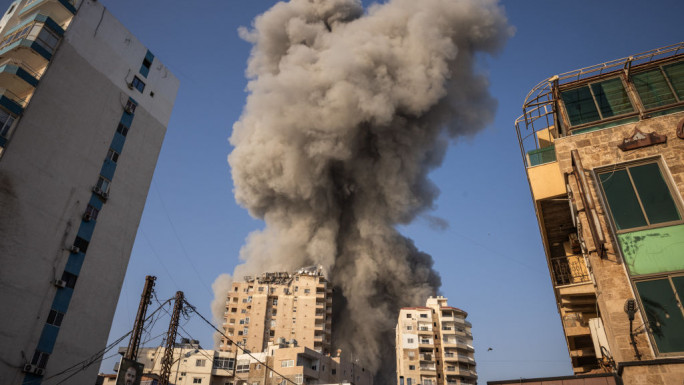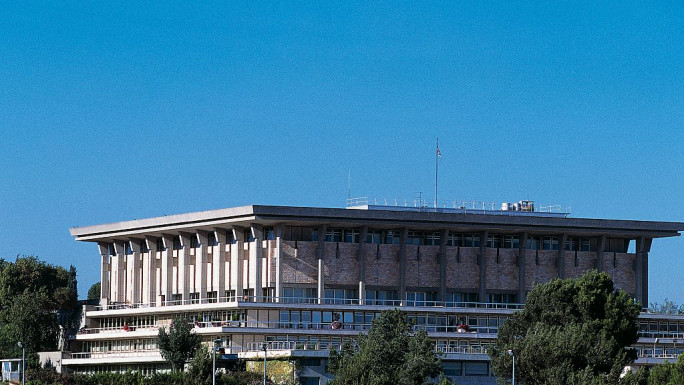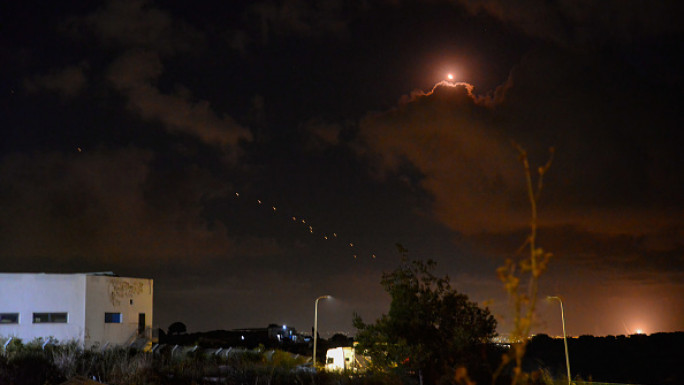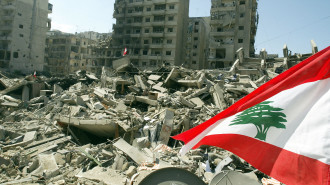Syria's war moves underground as rivals dig for victory
Under the suburbs of Damascus and below the ancient citadel of Aleppo, a new kind of war is raging. As rebels and government forces fight themselves to a stalemate above ground, sappers and engineers are tunnelling below to bypass the frontlines and undermine their enemies.
The conflict in Syria has gone underground. Welcome to tunnel warfare.
As the frontlines of Syria's civil conflict became static and bombardments by the Syrian airforce took their toll, rebels realised they faced a war of attrition. The solution, much like in the Great War in Europe, was to dig down into the earth and build tunnels through which they could launch sneak attacks or set bombs below regime targets.
Through years of digging, the rebels have developed tunnel networks that stretch over large areas. The regime has dug its own to defend against incursions and spot new excavations before targets are breached.
The fighting has evolved to the point where roles often reverse: in the last two months, rebels report regime forces using tunnels to sneak into opposition areas in the outskirts of Damascus. Several regime tunnels were last week reported destroyed near Beit Sahem, south of the capital.
Fighting in the darkness
Activists regularly report fierce underground clashes as rival tunnels are discovered and fighters battle for control of their domain.
| The regime has dug its own to defend against incursions and spot new works before targets are breached. |
Syrian activist Wael al-Darani, who lives in the suburbs of Damascus, told al-Araby al-Jadeed that government forces had been digging tunnels below opposition checkpoints to blow them up - a tactical switch in response to rebels defending themselves from air attacks and barrel bombs.
Perhaps the most spectacular tunnel attack to date was in Aleppo, when earlier this year the Liwa al-Tawhid brigade dug below the Carlton hotel, which was being used as an army barracks, packed their mine with explosives and set them off - killing dozens above.
Unlike in Damascus and its suburbs, opposition forces in Aleppo had prevented Assad troops digging defence tunnels. The rebels also control most of Aleppo’s old town, allowing them to use existing caves and tunnels dug centuries ago in the ancient city.
Opposition strikes on government forces in central Aleppo have also included the Adly Palace, across from the ancient citadel of Aleppo.
But such explosions have destroyed areas of the Aleppo’s old town, a Unesco world heritage site, al-Atroush mosque and the Khan al-Shouna market - leading to many rights organisations criticising the opposition.
Left with no choice
Rebel leaders told al-Araby al-Jadeed that their men were forced to use this strategy, as fighting in the narrow streets and packed buildings of Aleppo was highly dangerous.
Opposition forces have also used this tunnelling strategy around the Wadi al-Daif army camp in the eastern suburbs of Idlib.
Between May and August, the opposition undermined, bombed and destroyed several army checkpoints around the camp, including al-Sahaba and al-Sawadi.
Activist Hassan Maarawi told al-Araby: "Opposition forces tried several times to approach these checkpoints above ground, but the nature of this open area enabled the regime’s airforce to target them every time.
"This made the opposition dig up to 700 metre long tunnels to reach below the regime checkpoints, and completely destroy them using large amounts of explosives."
Hundreds dig for victory
The effort required to dig such tunnels is huge and the work often dangerous. Teams of up to 300 men slogged with shovels and axes to dig the tunnels around Idlib, foregoing fresh air and ventilation for fear of discovery, and pushing massive amounts of earth and rocks out of the tunnels in carts.
The Syrian army has discovered several rebel tunnels while they were being built, destroyed them with bombs or sneaking into them through their own network as rebels toil. A number of the regime’s own tunnels have been breached by rebels, activists say, leading to fierce clashes between rebel forces and the army sappers.
But the underground war is most usually a means to an end - the capture of territory above ground.
Last July, opposition forces from the Ajnad al-Sham Islamic Union clashed with government troops in tunnels under the Arfa checkpoint in northern Damascus. After seizing the tunnels, the rebels resurfaced in the Abbasien square in Damascus, and took control of buildings overlooking the square.
This is an edited translation from our Arabic edition.





 Follow the Middle East's top stories in English at The New Arab on Google News
Follow the Middle East's top stories in English at The New Arab on Google News


